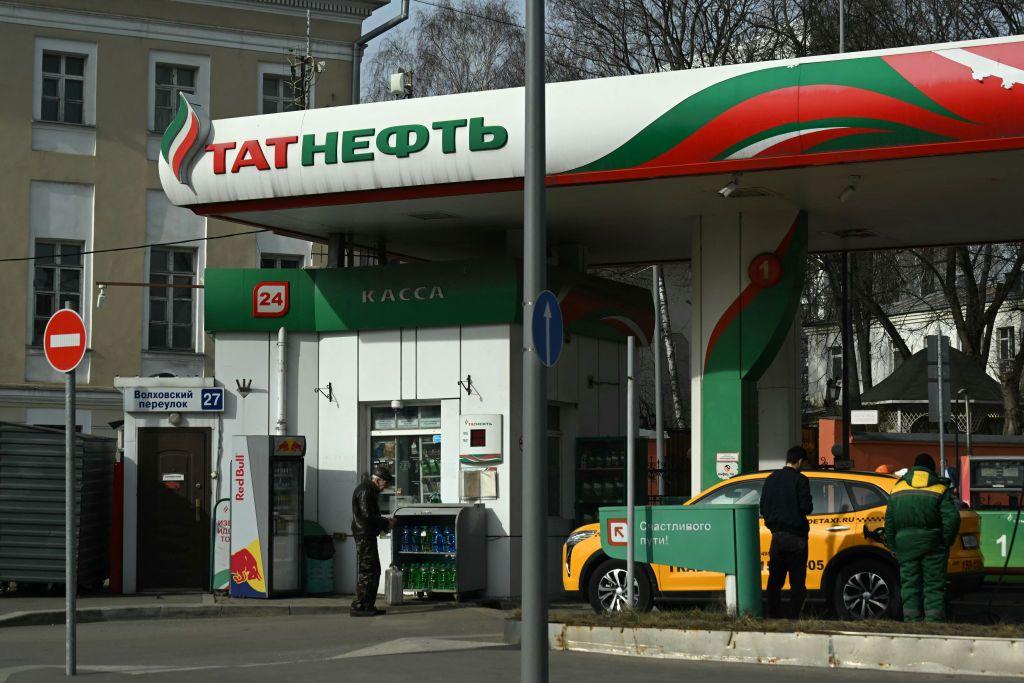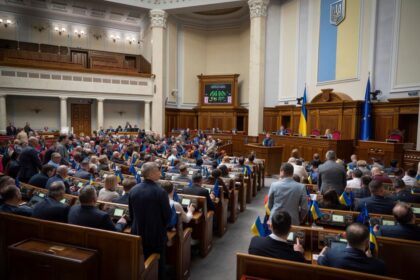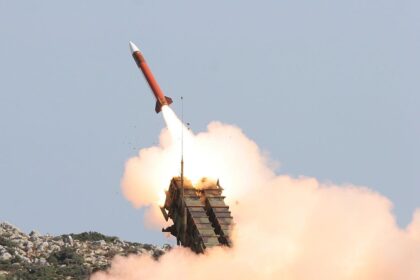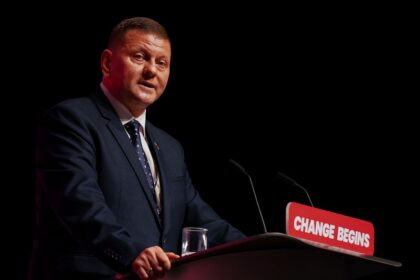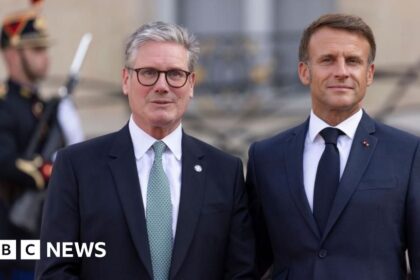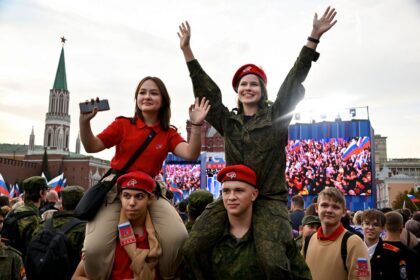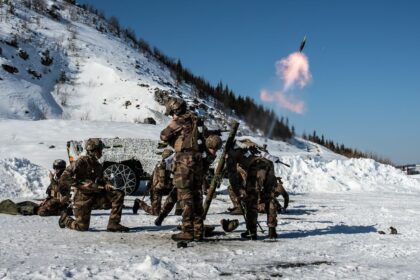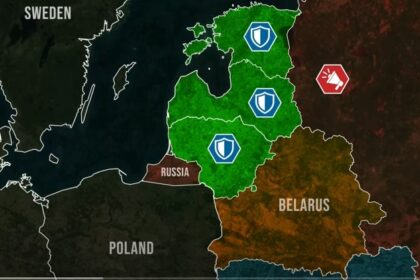**Russia to Implement Stricter Gasoline Export Ban**
Russia is set to impose a more stringent gasoline export ban, effective from August and September, in an effort to combat rising domestic fuel prices. The measure, which will affect major oil companies as well as fuel producers, aims to reduce the country’s reliance on imported refined fuels.
According to three industry sources familiar with the plans, the government has decided to broaden the existing restrictions on gasoline exports, which currently only apply to a small segment of sales by resellers. The new rules will not impact supplies to countries within the Moscow-led Eurasian Economic Union (EEU), including Armenia, Belarus, Kazakhstan, Kyrgyzstan, and Russia itself.
**Russia’s Gasoline Export Market**
Russia is one of the world’s largest gasoline producers, with an annual output exceeding 40 million metric tons. The country has been increasing its exports in recent months, with volumes rising by around 25% year-on-year to approximately 2.51 million tons during the first five months of 2025. Egypt and Turkey are among Russia’s primary importers of refined fuel.
**Price Pressure**
The planned export ban comes as wholesale gasoline prices on the St. Petersburg commodities exchange have seen a consistent upward trend since last week, with the price of Ai-95 grade reaching an all-time high of 76,293 roubles (approximately $962.69) per metric ton.
**Repeated Export Restrictions**
Russia has resorted to temporary gasoline export bans multiple times over the past two years to address domestic fuel shortages and alleviate high prices. Deputy Prime Minister Alexander Novak had indicated earlier this month that the government was studying the fuel market to determine if further restrictions were necessary.
The official announcement of the ban is expected as early as July 28, with industry sources suggesting August and September will see the implementation of the new rules.
Read More @ kyivindependent.com




